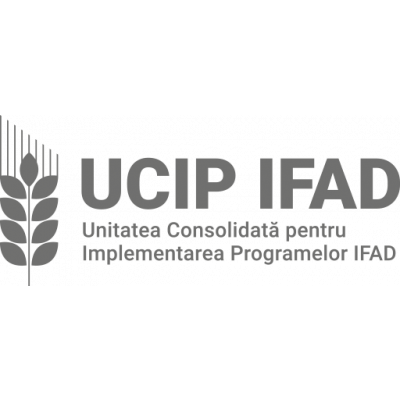Print

IFAD Consolidated Programme Implementation Unit / Unitatea Consolidată pentru Implementarea Programelor IFAD
General
Contacts • 157
Tenders • 84
Grants • 15
Jobs • 0
Contractors • 0
Pricing strategy • 0
General
Contacts
Tenders
Grants
Jobs
Contractors
Pricing strategy
Details
Office:Moldova
Address:Republica Moldova, MD-2004, Chişinău, bd. Ştefan cel Mare şi Sfînt 162, of. 1303
Website: ucipifad.md
Contact person:
Phone(s):
Sectors: Agriculture & Rural Development
Organization type:Multilateral organization
Status:
Active
Description
The International Fund for Agricultural Development (IFAD), www.ifad.org is a specialized agency of the United Nations, was established as an international multilateral financial institution in 1977 as one of the major outcomes of the 1974 World Food Conference. IFAD is dedicated to eliminating hunger and rural poverty in developing countries .
IFAD mobilises resources, enabling rural poor in developing countries to eliminate poverty, hunger and malnutrition; raise productivity and incomes. Seventy-five per cent of the world’s poorest people, mainly women and elderly people, live in rural areas and depend on agriculture and agriculture-related activities for their livelihoods.
IFAD provides direct financing through low-interest loans and grants and attracts additional co-financing for the implementation and collaborating in IFAD-initiated projects and programmes. Lending terms and conditions vary according to the respective country’s per capita GNI.
IFAD works in partnership with others, including the World Bank, regional development banks, other regional financial lending institutions and UN agencies, as well as with borrowing-country governments. Many of them are jointly co-financing and collaborating in IFAD-initiated projects.
IFAD is being funded due to donations from the overall 165 member states, special contributions, inflows from loans repayments and investment income. The volume of yearly commitments for new projects and grants amounts to cca. USD 450 mln.
Country eligibility
No information available
Circumstantial eligible countries
No information available

Similar Companies
By Sectors and Organization Types
Country:
Belarus
Awards:
0
Jobs:
0
Country:
India
Awards:
0
Jobs:
0





